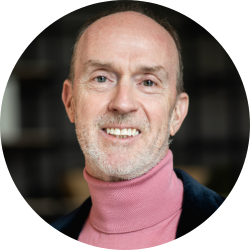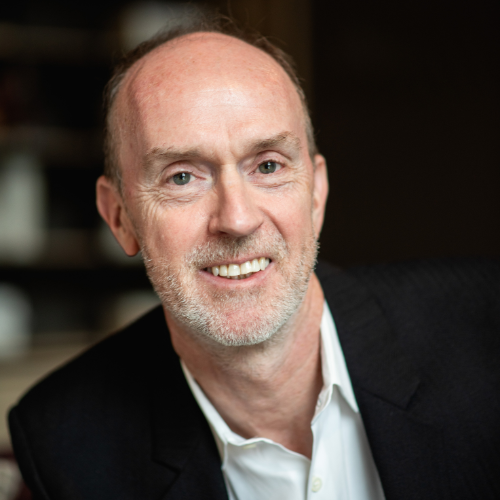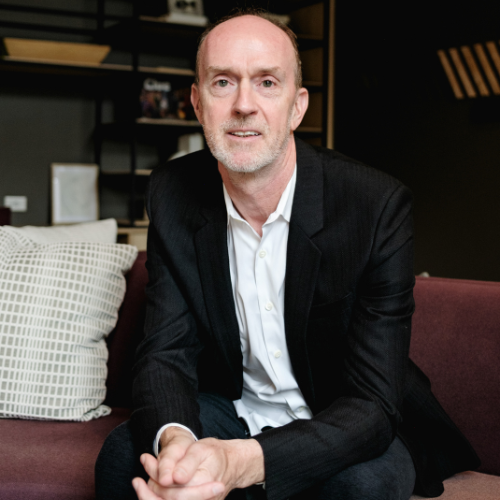
Dr Gareth Morris-Stiff
Holistic Oncology
As a liver surgeon with expertise in antioxidant therapies and metabolic disease goal is to offer patients with cancer a holistic and personalized approach selecting the optimal therapy for each individual using the latest available diagnostic testing.
Full Professional Profile
Professional Experience & Philosophy
I commenced conventionally as a surgical trainee in Wales, and as I read and evolved, I realized the importance of viewing cancer as a metabolic disease and treating patients systematically concentrating on diet, and immunity, as well as the cancer itself. Also, I observed that current cytotoxic chemotherapy with its high toxicity and in many cases a low response rate was not the answer. I left clinical practice to develop alternative approaches including new western-style medicines, hybrid east-west formulations, and novel plant-based molecules. For the past 6 years I have been providing cancer advice pro bono to anyone reaching out to me, and I now wish to concentrate my efforts on assisting patients as I believe in cancer care, the first opinion has to be the best opinion, and waiting three months for the results of the first follow-up scan following a non-personalized therapy may make the difference between life and death. My philosophy is to provide a true personalized approach for each and every client. It adopts a polymodality holistic approach as I believe Tesco’s adage that Every Little Counts. In terms of areas of expertise, I have extensive knowledge in cancers of the liver, pancreas, and gallbladder. I was the key opinion leader and subject matter expert for AbbVie in relation to Exocrine Pancreatic Insufficiency and currently completing the world’s first textbook on the topic. I also have a deep knowledge of metabolic liver disease and approaches to its management and am about to commence a book on the subject aimed at the public. I do maintain a stringent overview of western medicine and recently submitted the 5th edition of the Oxford Handbook of Oncology for publication.
Education & Qualifications
I trained in medicine (MBBCh) at the University of Wales College of Medicine, and in general surgery on the All-Wales rotation. I undertook clinical fellowships at Queen Elizabeth Hospital, Birmingham, St. James University Hospital, Leeds, and lattery at The Cleveland Clinic, Cleveland. I undertook extensive research culminating in 3 additional degrees of MD (immunology), MCh (cancer), and PhD (oxidative stress). In addition, I studied for a diploma in Hepatic-Biliary-Pancreatic Oncology in Paris. I have published 250 manuscripts and 5 books to date. I am currently working towards a DSc in Ayurvedic medicine in cancer. Furthermore I will be studying for a qualification in integrative oncology in 2026. I have surgical recognition form both the UK and US colleges of surgeons namely FRCS and FACS.
Assessment & Treatment Approach
My approach is holistic and personalized, beginning with a thorough medical and dietary history. Assessing liver health is crucial, as up to 40% of people have undiagnosed fatty liver disease (MAFLD), which can worsen chemotherapy tolerance and increase complications. A liver free of steatosis or fibrosis better tolerates oncological therapy. I review existing imaging and biopsies, only repeating tests if necessary. Standard assessments also include genetic analysis and circulating tumor cell (CTC) testing. While not all cancers undergo full genetic characterization, I believe every case should, as mutations can reveal targetable pathways and eligibility for clinical trials. Additionally, I test CTCs against oncology drugs, repurposed medicines, and naturopathic compounds to identify the most effective treatments. This ensures a truly personalized strategy aligned with the tumor’s current evolution.


Patient-Centered Values
As a surgical oncologist, I have always embraced collaborative care, a practice I first learned from my mentor in Cardiff who pioneered the concept in 1972. I believe each doctor brings unique expertise, and the most important decision is knowing when to seek a colleague’s input. My approach is personalized and holistic—what I call N=1 medicine—combining advanced diagnostics with standard assessments to guide decisions. I also prioritize strengthening the immune system and improving diet to address the metabolic dysfunction underlying cancer. Once therapy is initiated, I may assess the microbiome and nutrigenomics as needed. After reviewing all data and presenting the evidence for each option, I empower patients to make informed choices. Given the role of metabolic dysfunction, I also encourage patients and families to address all modifiable factors.
